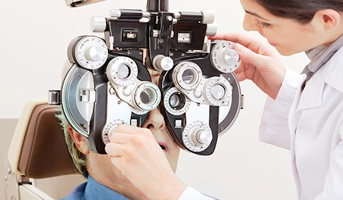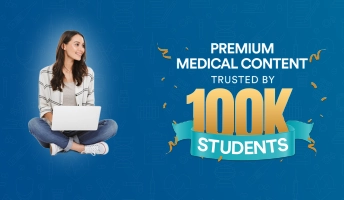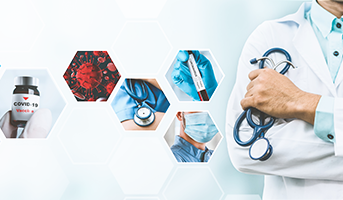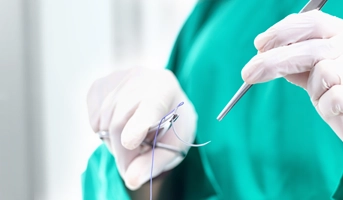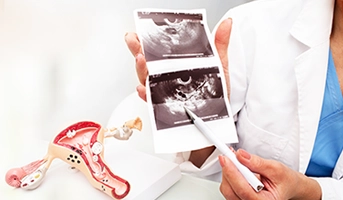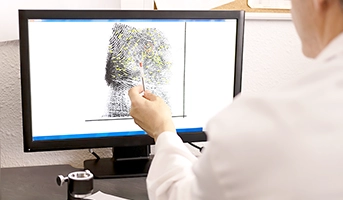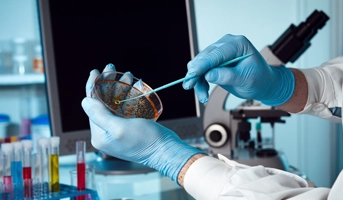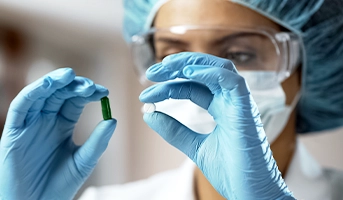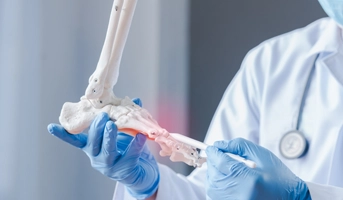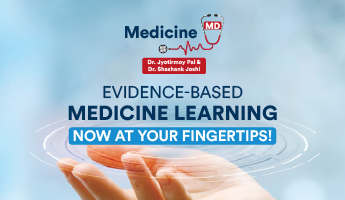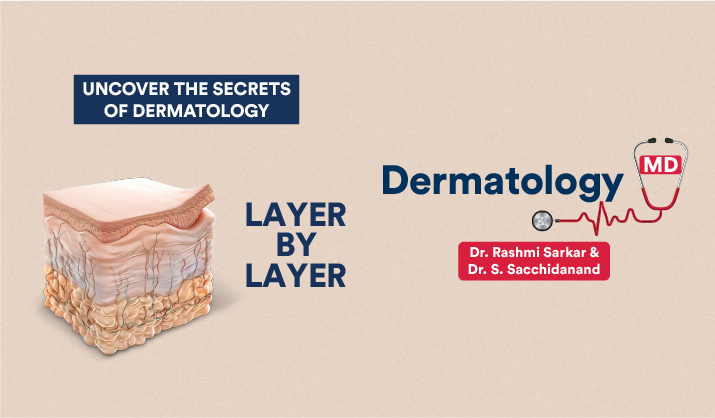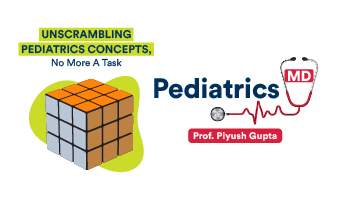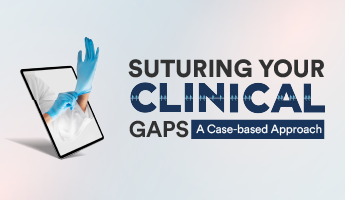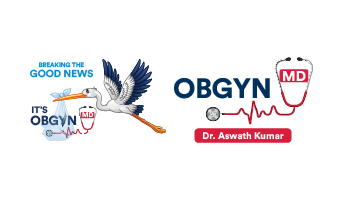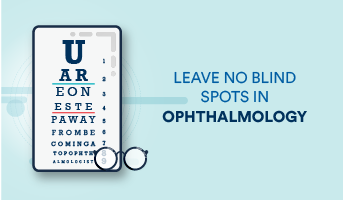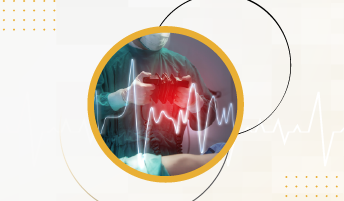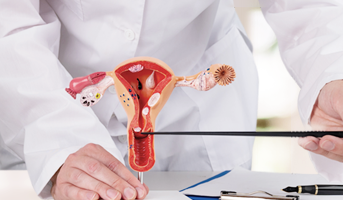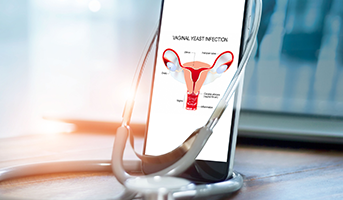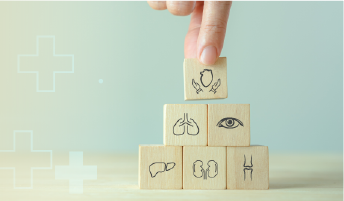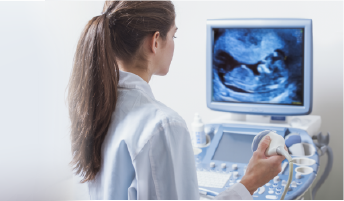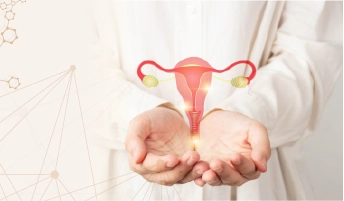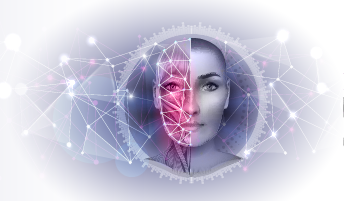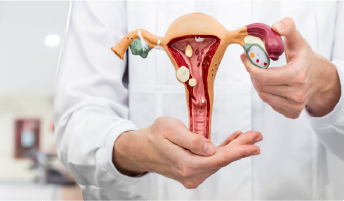Ophthalmology is a medical specialty that focuses on the diagnosis and treatment of eye diseases, visual disorders, and their complications. Ophthalmology as a subspecialty in MBBS includes topics such as the cornea, ocular oncology, pediatric ophthalmology, glaucoma, neuro-ophthalmology, and ocular pathology. The study of Ophthalmology covers the physiology, anatomy, and treatment of all eye-related health conditions. It also includes surgical procedures to treat eyes, for example, in case of glaucoma, cataract, neoplasm removal, refractive surgery, etc.
You’ll be eligible for NEET UG after finishing your higher secondary with the subject PCB. Get into a medical college to begin your MBBS journey, and once you obtain the degree, you can specialize in Ophthalmology. Another way to pursue a career in Ophthalmology after 12th is B.Sc. Ophthalmology or B.Sc. Optometry. You can further do a master’s and doctoral in Ophthalmology after completing a full-time undergraduate Ophthalmology degree.
Make sure you understand the fundamentals of ophthalmology before taking the exam. Getting conceptual clarity is the only way to do so. Access maximum content including lectures, MCQs, IBQs, notes, clinical case discussions, and more to practice for university exams as well as NEET PG. Solving the previous years’ questions proves highly beneficial to score well. Don’t miss out on the important and high-weightage modules and topics, such as lens, cataract, Glaucoma, neuro-ophthalmology, surgeries, etc. Tip! Make mnemonics for memorization.
NEET PG requires a deep understanding of the concepts of Ophthalmology. The subject has a prominent weightage in NEET PG. Therefore, it is important to approach ophthalmology in the right way keeping in mind theory, practical, clinical cases, MCQs, and IBQs to ace NEET PG. Ophthalmology is a high-scoring subject from which direct questions are asked in the NEET PG entrance examination.
To understand ophthalmology better, one must learn from the latest and most reliable content and focus on the basics first. Clinical case discussions, MCQs, notes, and lectures by eminent faculty can help you get your concepts cleared. Understanding history-taking and clinical examination of the eye is very important. Don’t miss out on the practical sessions and discussions to thoroughly understand the subject. A medico must remain updated with the latest advancements in diagnostics and treatment procedures.

